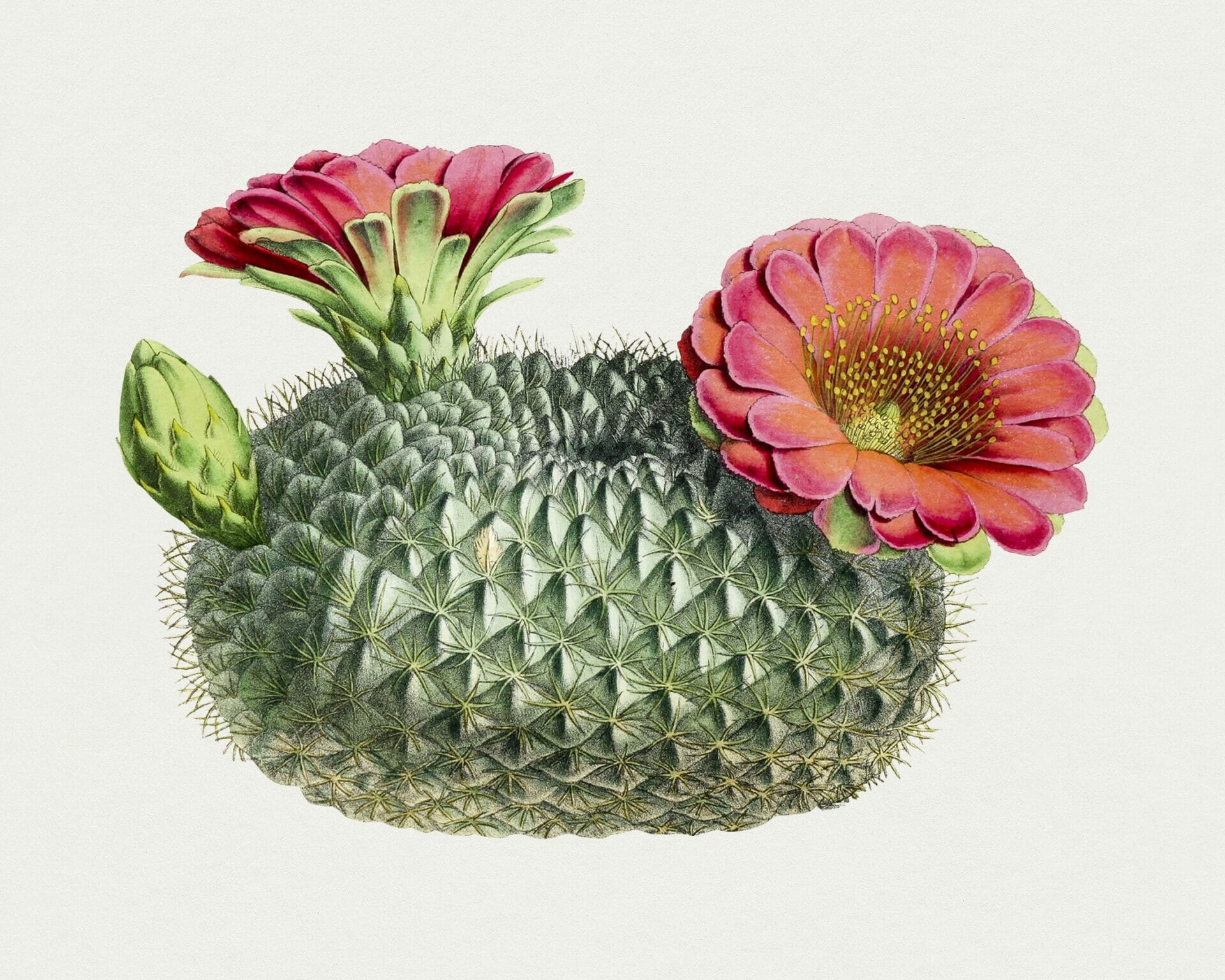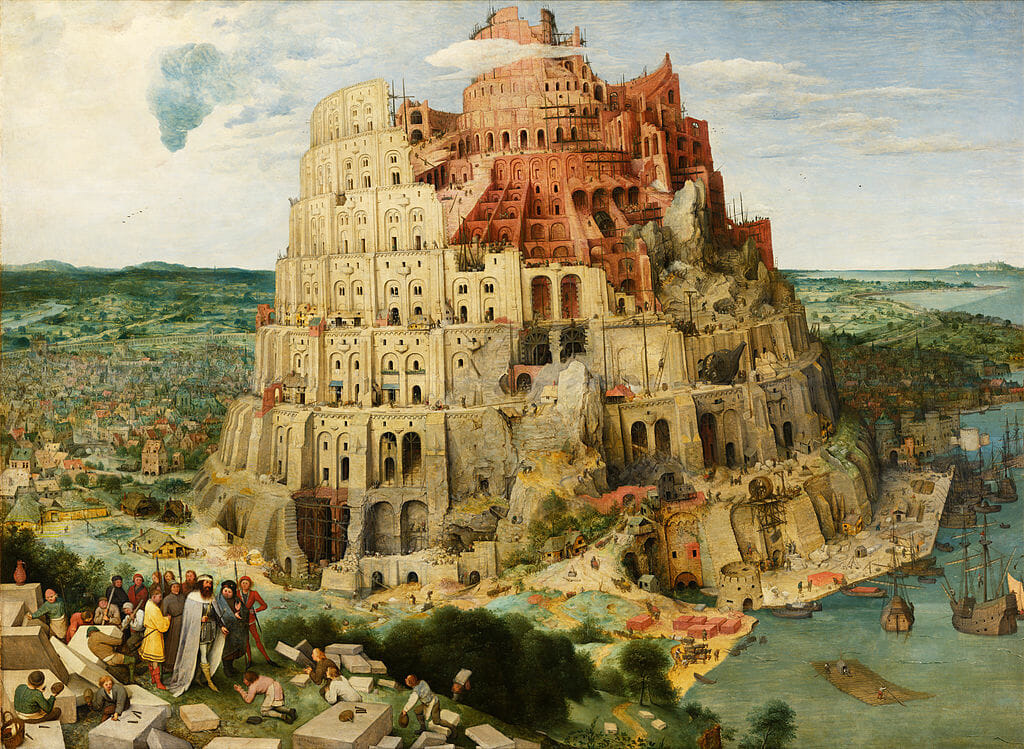
A recipe for empathy | Meeting others with Laura Casielles
Author
Format
Length
Primera Conjugación (First Conjugation) is a multilingual poem contained in the 2010 poetry collection Los Idiomas Comunes (The Common Languages), by the poet and journalist Laura Casielles.
Casielles was born in Pola de Siero (Asturias) in 1986. After studying Journalism and Philosophy, she obtained a master in Arabic and Islamic Studies: this shows her interest in the relation between different cultures and languages. The poem, in fact, seems like a poetic text of instructions about what to do when meeting someone who comes from another country.
Find the fundamental
words. Learn
how to say sorry in the language of the one
who bursts into,
and good morning, and take
She writes a poetry of communication: her purpose is to conceive messages in a simple way, avoiding, however, the simplification of the complexity of the topic. In Primera conjugación, the simplicity is highlighted by the reflection about the importance of learning the fundamental and simple words.
Behind the choice of using more languages
Multilingualism can originate from different needs and desires. In the last decades, multilingualism has definitively had a connection with the phenomena of globalization and immigration. It can be the reflection of immigrants experiences with an intent of realism or mimesis. Two examples are the Dominican poet Rhina Espaillat or the Spanish poet Richard Blanco, both emigrants to the United States.
Multilingualism in poetry can also be a choice that has to do with the freedom of expression in multilingual people. One example is the Maltese poet Antoine Cassar who writes mosaic poems combining a minimum of five languages.
Finally, multilingualism can be the result of reflecting on language’s power of sustaining worlds and building bridges between them. As in the 2019 poem How do you say love in your language, by Maria Grazia Calandrone or Primera conjugación by Laura Casielles.
A recipe for empathy
In the last decades, the political speech and the digital era have made the life of fundamental words difficult. From one side, in the digital platforms the speed through which messages are expressed can deprive words of their real meaning. On the other side, as Casielles says, with the diffusion of trumpism, fundamental words (as democracy or justice) are often substituted by misleading speeches which contribute to maintain social inequalities.
Since language builds the world we live in, Casielles suggests that there are fundamental words (as fundamental rights) that must be faithful to reality and used in order to approach topics as multiculturalism and immigration in a constructive way.
All the poem is an enumeration about what to learn once meeting other cultures:
how to say
coffee, my love, homeland,
shalom, salam aalaikum, learn
how to say pass, come in, this is my home
in a Southern Country of which
only ruins remain, learn
obrigada, spasiba, learn
which colors don’t exist in the African languages.
On one side, this approach of openness will underline the beauty of differences among different sounds and imaginaries; on the other, it will highlight some fundamental human values (like kindness and sense of belonging).

ca. Courtesy of Wikimedia Commons.
As in the myth of the Tower of Babel, it will show that our essence as humans resides in the capacity of communicating through language. In other words, in the openness towards the others which is fundamental to put oneself in someone else’s shoes. As Laura Casielles says at the end of the poem: “Find the fundamental words./ After that, talk.“
Tag
Buy a ☕ for Hypercritic






